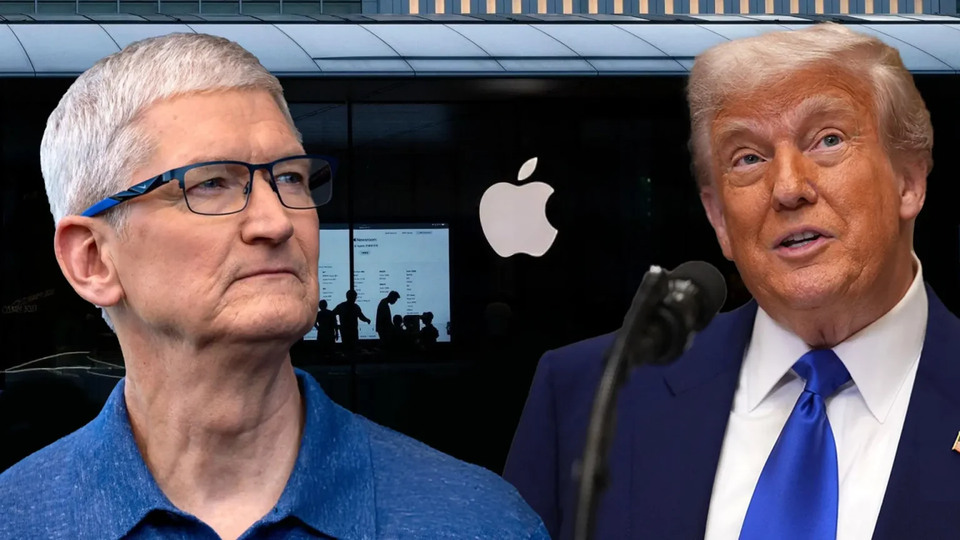 |
The White House said President Trump's tax on Apple is to promote domestic production. Photo: Swipeline . |
In recent weeks, the Trump administration has made a series of sudden changes to its tariff policies, causing great uncertainty in the stock market and raising many unanswered questions about the impact of tariffs on global trade.
The situation became confusing earlier this year when President Trump imposed tariffs of up to 145% on Chinese goods, then reduced them to 30% within weeks. In that context, Apple and its iPhone products are facing unpredictable tariffs due to Trump's policies.
Apple had previously considered moving much of its production from China to India as a way to avoid tariffs, but President Trump recently said that this move was not enough.
Instead, he wants to force Apple to manufacture iPhones in the US or face a 25% tax.
“I told Tim Cook long ago that I wanted iPhones sold in the United States made and assembled right here in the United States, not in India or anywhere else. If this were not done, Apple would have to pay a tariff of at least 25%,” the president shared on social media.
Apple shares have fallen sharply amid investor concerns that the company will be forced to raise iPhone prices, which would severely impact its sales.
Notably, Apple may find it more feasible to absorb the tax, keep iPhone prices the same, and rely on its huge cash pile to offset the tax.
The White House believes the public is overreacting. In an interview with CNBC , National Economic Council Director Kevin Hassett downplayed the severity of the “small tax” imposed on tech companies like Apple.
“Our main goal is to bring as much manufacturing back to the United States as possible, to reduce America’s over-reliance on imports from China. I think we’re seeing a much faster shift than expected,” Mr. Hassett explained.
Mr. Hassett also emphasized that the goal is to maximize production in the US "to ensure the US economy is strong and not pressured by China."
Asked about the possibility of Apple being exempted from tariffs because shifting production to the US would take years, Mr. Hassett responded vaguely, but also did not indicate that President Trump intended to relax this policy.
“People are trying to exaggerate the problem, turn a small tariff into a disaster, in order to negotiate a reduction in tariffs. We really have no intention of hurting Apple,” Mr. Hassett said.
Source: https://znews.vn/tong-thong-trump-khong-co-ke-hoach-bai-bo-thue-25-doi-voi-iphone-post1556727.html











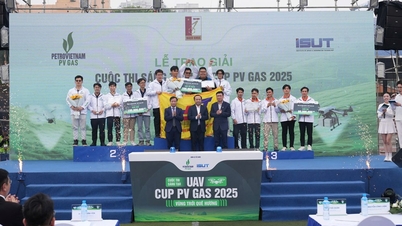

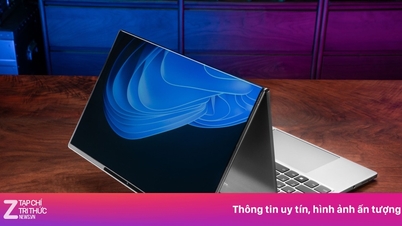
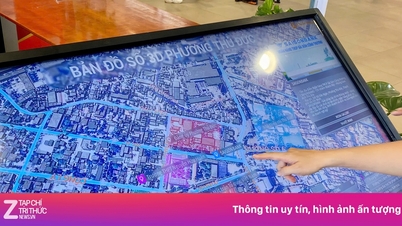










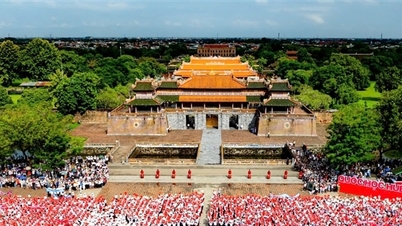

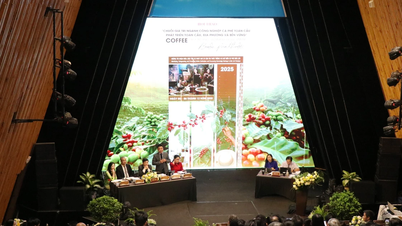





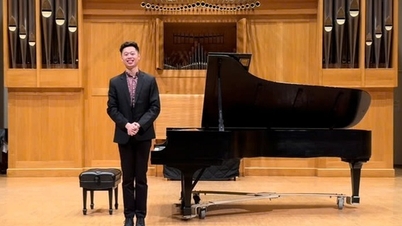

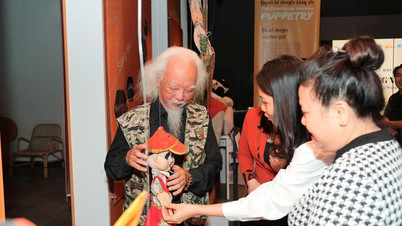

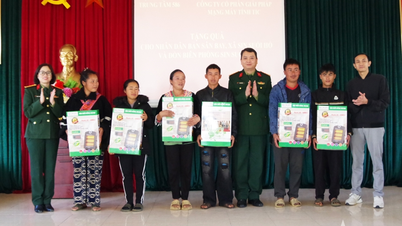

































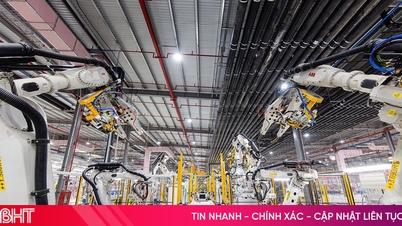



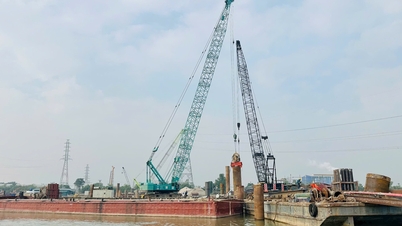




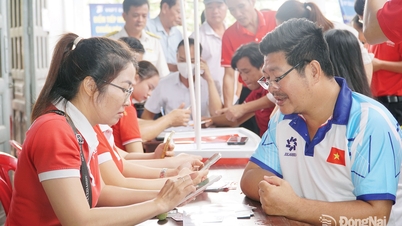










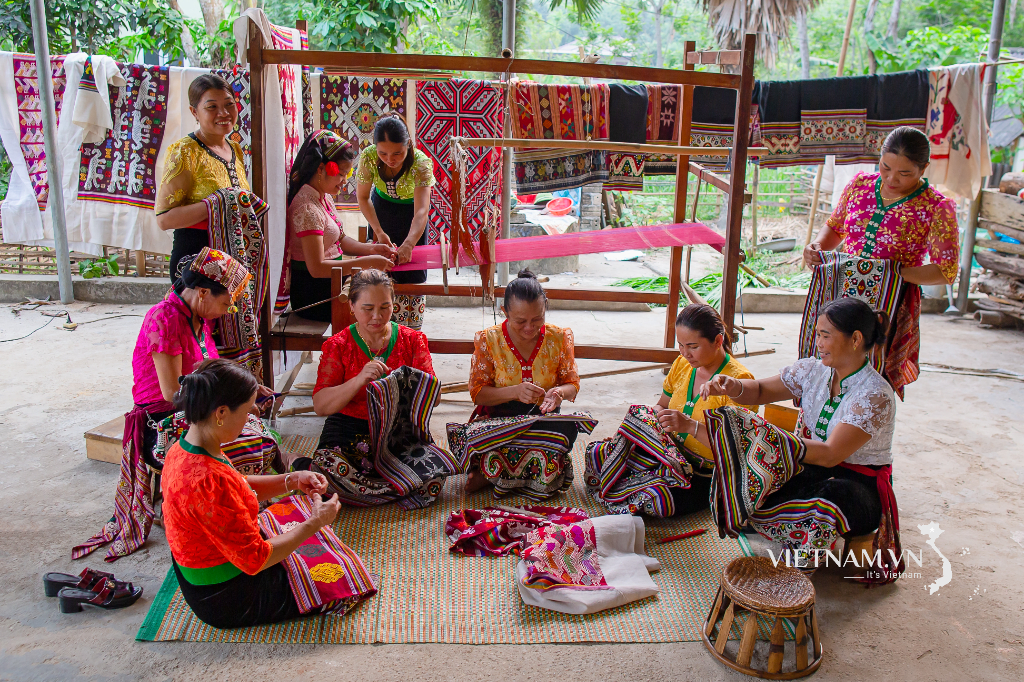


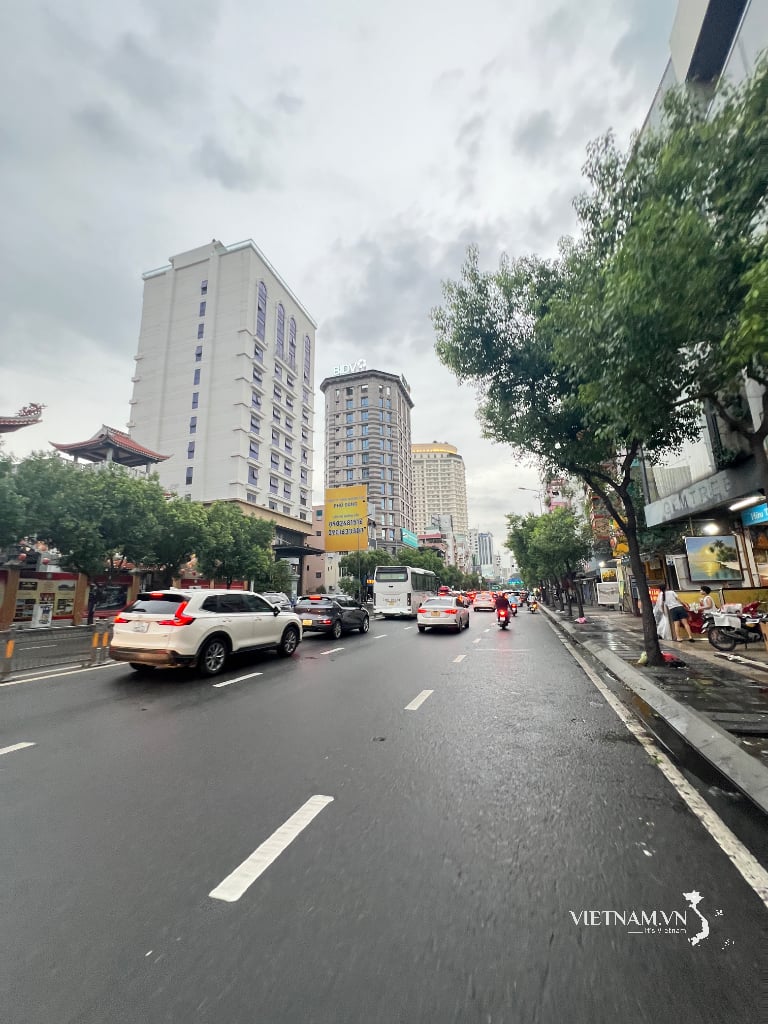




Comment (0)